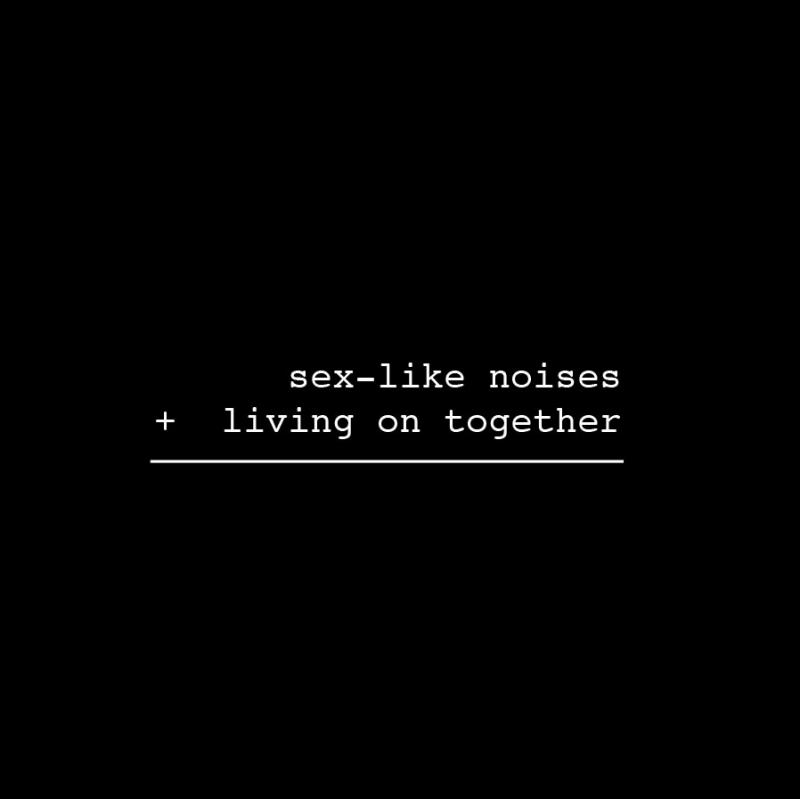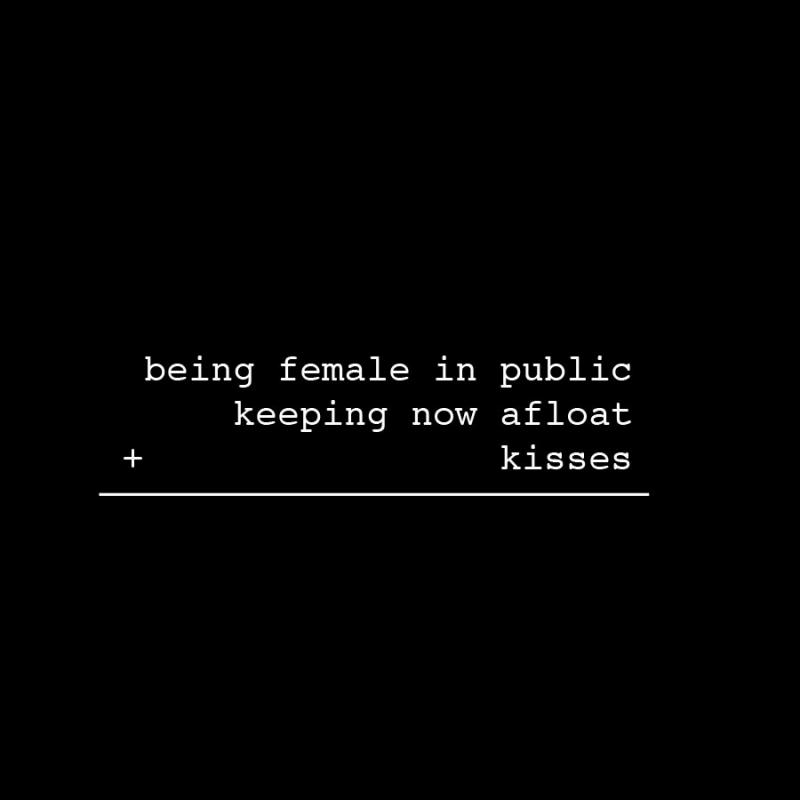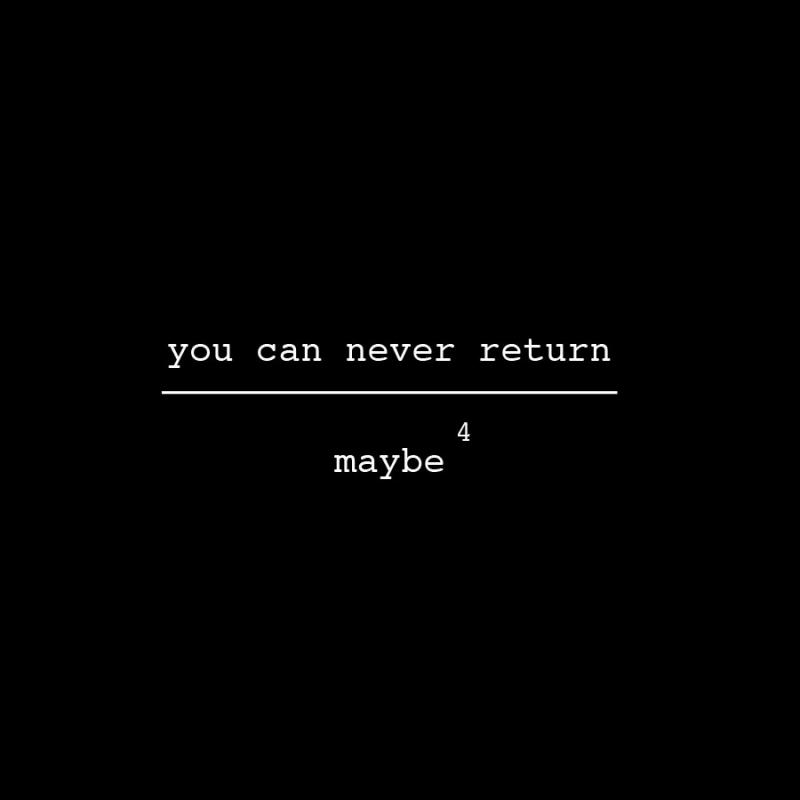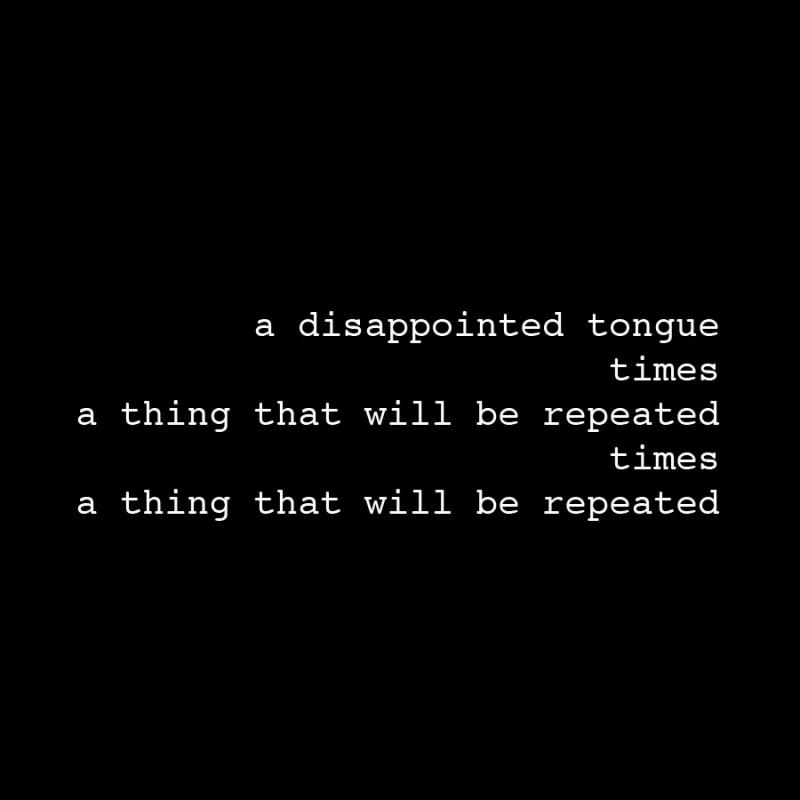1.
It’s the first day of summer and everyone’s scurrying to a thing they’re unsure of, eyes locked away from the guy who’s approaching the driver’s side window. Jack the five-year-old rides by on his orange bike with its propellers spinning a story about monsters, and nurses speed-walk debating how and how quickly to kill pain. A girl plays with a doll whose clicking eyeballs tilt back, bending over it like a funny Gumby. The mood is like trolling a building looking for a room where you’re expected for an interview and feeling all your potential value slowly drain away, then a door opens unexpectedly.
Today I spent my entire month’s pay on taxes, pet insurance, home insurance, and car insurance while the cat named Puck groomed himself on a chair I curb-snatched in the nineties. Then I went to the store and bought $50 worth of trash bags, dental floss, apples, vanilla, and saltines. I was on my way to see a sick friend with two pints of chicken soup and the box of saltines. He makes $28,000 a year and DebtBuster is helping him pay $5,000 in parking tickets. Getting to him means passing the new Dollar Tree on South Stony Island Avenue in the warehouse that used to be called Moo & Oink. Bug-eyed pig and cow caricatures used to cheer up the drive down, but no more. Everything at the Dollar Tree is manufactured with poison, then dispersed through middlemen to the people who scrape. Out front we stand slurping our juice boxes and smoothies making sex-like noises because, you know, at the end of the day, it’s all about the drive to be excited without too much excitement. And living on together, which is its own work. He has two small dogs. One is named Duchess.
2.
Democracy kills me and it kills you, but it’s not always the same death we die or do. Why bother calling it rat poison if it would kill us, too? I like to play with high and low. What I’m saying is that I’ve been in a lot of elements. Yesterday at the bus stop a fellow creature the gym ladies call “that particular element” asked for a hand—out, job, shake, off. That’s the door being female in public is walking through. It’s a drag, but mostly it’s ice cream on the sidewalk and shrugging.
Another stop is a utopia. The chairs squeak loudly and the twisting kids love the unbearable music of their own butt power. They don’t have a clue about humorlessness. They get fried, and then they’re happy. They hate change, but whine from boredom. They enjoy cheesy starches and suck their yogurt out of brightly colored tubes. “Charlie, want a chicken wing?” “No thanks, A HOT DOG, I TOLD YOU!” “But you can dip it in the sauce just the way you like!” He runs to the river and holds on to the fence as though it bars a freedom he can feel. He is smiling, not wanting. Older pairs also try to get some heat on here. The old coot sitting two tables down meets a big blonde with grand arms and a fancy leather bag that could hold a whole roasted chicken. He’s bored. He looks over and asks if I’ve read about debt. He wonders how people bear the pressure of it. He tells me he’s seventy-five and was raised by Depression-era parents to avoid debt like the plague—but nowadays debt is just expected. I say, “maybe people have given up on later. Maybe they just believe in keeping now afloat.” He’s handsome and silver, no fat on him. I ask if he wants some water: I have extra. He says, “I’m drinking wine in the middle of the day because my liver’s stopped working and why the hell not.”
A lot happens out here, so many mouths opening and closing, so many flavors gone, and gone, too, all the kisses parents keep giving to their children’s sticky hands—not dead, not nothing, but not things you can whip out later in the attempt to star-date life.
3.
Later it’s Friday 7:30 and three times in twenty minutes low blood-sugar left-turners cut me off in their late-model hurry. Maybe it matters to get somewhere. Maybe they promised this time to be timely but left late; maybe they fear the passive wrath of their friends who’ll now have to mill around some loud hot room waiting for a table and it’s Friday after work when people like to stop discerning time. A belated beauty knows she’ll be welcomed, but even she speeds around the corner wearing the bad driver’s unyielding face. A sudden parking spot makes the traffic jump and spray recklessly around a stopped Civic. At the bar, a boy steps over to compliment my stout. He tells me he’s in sales now and misses the office—over there are the people he left behind. “Go back,” I suggest. “You can never return,” he says. “I have to relearn life all over like a baby. It’s damn lonely.” On the highway overpass, teenagers stand waving late into the night. Maybe someone will get distracted by their joy and rear-end a semi. Maybe all the drivers will be so busy texting they’ll forget that the mechanical is encrusted on the living.
4.
 Everyone in this café is casual—the whole neighborhood is, except at five when the shiny-haired businessmen arrive and sit, to delay going home. At the next table, two women and a man are wearing the same jean-and-sweater outfits. One woman’s hair is tousled faux-carelessly and the other’s is drawn into a ponytail; the man sports a baseball cap. Ponytail opens a large white box, inside of which are three perfectly round cakes, frosted white: A wedding is being planned. One cake is covered with the white sugar pearls we associate with festive decoration, the kind of thing that, like life, is supposed to taste good but might break your teeth. One woman tastes the cake and the other talks and waves her hands. The man gestures toward the tousled blonde as if to say her happiness is all that matters. The salmon sweater of the consumer has more texture than the pale green top of the provider. Pictures are taken of the cakes to send to someone’s mother. The baker wants to know if the cake will go onto a stand. She gestures at face-height and higher. The couple furrow their brows at the gesture, their future.
Everyone in this café is casual—the whole neighborhood is, except at five when the shiny-haired businessmen arrive and sit, to delay going home. At the next table, two women and a man are wearing the same jean-and-sweater outfits. One woman’s hair is tousled faux-carelessly and the other’s is drawn into a ponytail; the man sports a baseball cap. Ponytail opens a large white box, inside of which are three perfectly round cakes, frosted white: A wedding is being planned. One cake is covered with the white sugar pearls we associate with festive decoration, the kind of thing that, like life, is supposed to taste good but might break your teeth. One woman tastes the cake and the other talks and waves her hands. The man gestures toward the tousled blonde as if to say her happiness is all that matters. The salmon sweater of the consumer has more texture than the pale green top of the provider. Pictures are taken of the cakes to send to someone’s mother. The baker wants to know if the cake will go onto a stand. She gestures at face-height and higher. The couple furrow their brows at the gesture, their future.
5.
A carnival atmosphere reigns at the neighborhood school today, and kids run around the way they do every day but wearing brighter colors and fearing, I can feel it, disappointment on the other side, a dulled thread pulling them into knowing that it’s all difficult, that they are difficult, that their relations and the chocolate in the candy bag are not really very delicious. A disappointed tongue is one thing. The optimistic and knotty collaboration that is the Halloween costume, another. Some adult loves, hates, facilitates, or pragmatizes a child’s wish. And there it is, a thing that will be repeated.
A woman lugs a bowling ball right up to her neighbor’s lawn and rolls it hard from between her legs, just like when she was little. She’s overcome by the sight of her action: Her slow face grows cabbagy. Maybe they won’t notice the defeated garden or the bent fence? Shadows move in a picture window beyond the lawn’s carpet, dull to the event that has not yet become one. An act can never be withdrawn. On the street behind her the Halloween festival goes on. The poor kids come early and stay late rubbernecking, all hungering to hunger.
These dispatches are from #VQRTrueStory, our social-media experiment in nonfiction, which you can follow by visiting us on Instagram: @vqreview.












